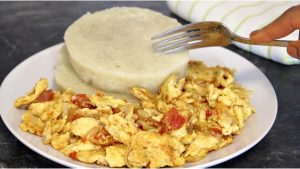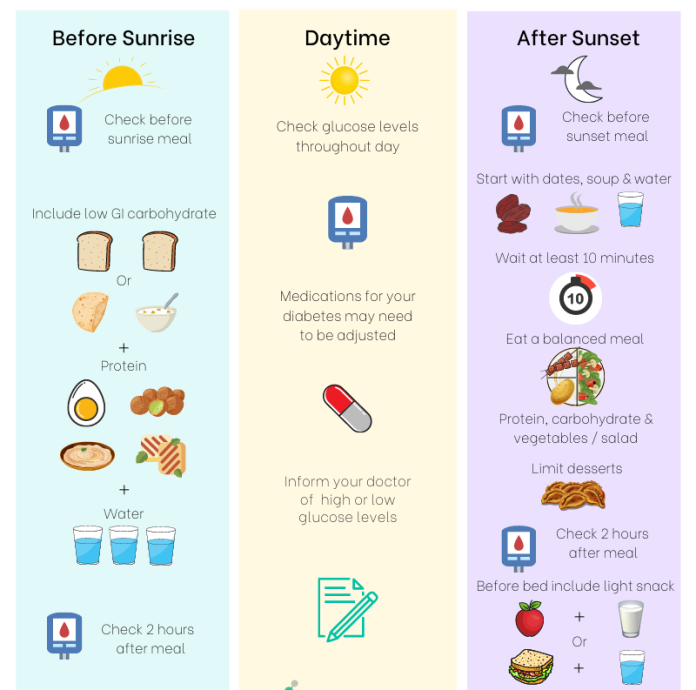Being diagnosed with diabetes or managing the condition can be a life-changing experience, especially when it’s a late-onset (type 2) diabetes.
Experts say people are more likely to develop type 2 diabetes if they are not physically active and are overweight or have obesity. “Extra weight sometimes causes insulin resistance and is common in people with type 2 diabetes. The location of body fat also makes a difference,” they warn.
SEE ALSO: Why people living with sickle cell may not fast!
As someone living with diabetes, how well can you manage your condition when fasting? Experts proffer suggestions:
Sleep well

Adequate hours of good quality sleep are essential to good health and wellness. Significantly during Ramadan, when your pre-dawn meal is vital to sustaining your energy, getting enough sleep is critical. This also prevents sleep deprivation, which can impact your hunger. This can also support metabolism and help regulate blood glucose levels, which is essential when managing diabetes.
Eat energy-boosting Sehri (pre-dawn) meal

Include more fibre-rich starchy foods that release energy slowly, from oats and multigrain bread to brown or basmati rice, along with vegetables, lentils, and more. You can also have proteins like fish, tofu, and nuts for power. Drink plenty of fluids, but avoid sugary or highly caffeinated drinks like coffee, soft drinks, and more.
Also, eat soups like vegetable soup, okra soup, Edikan Ikong, waterleaf soup, Ogbono soup, Egusi soup, Afang soup.
Staple foods (swallow) like wheatmeal, fufu, guinea corn fufu, and unripe plantain fufu are also good.
You can eat yam or wheat bread with stews and sauces such as tomato stew, garden egg stew, shredded chicken sauce, shrimp sauce, fresh fish sauce or stew, and smoked fish sauce.
Low carb meals such as brown basmati rice and stew, unripe plantain porridge, moinmoin, boiled unripe plantain with stew, roasted unripe plantain with fish sauce, plantain with beans porridge, beans and whole wheat bread are also good.
For healthy snacks, go for garden eggs with peanut butter, coconut in reasonable measure, boiled groundnut, akara, tiger nuts, and avocado.
Comfort foods such as isi ewu, nkwobi, cow leg, cow tongue, fish pepper soup, chicken pepper soup, snail pepper soup, peppered snail, liver sauce, gizzard pepper soup are also good.
Properly replenish during Iftar (breaking of fast)
Make sure to hydrate yourself as well by taking adequate water, as well as healthy drinks such as Zobo without sweeteners, guinea corn (Dawa) kunu, millet kunu, and unsweetened yoghurt.
Create a plan
What you can do if your blood sugar is too high or low during, before, or after fasting is critical. It is essential to take your doctor’s advice on aiming to be in the target glucose range for at least 75% of the day, even during your fast.
Follow a gentle exercise routine

Keep physical activity but reduce the intensity to avoid extra exertion. You can try simple workouts, walking, or yoga. Resistance training can also help you avoid muscle loss and build strength at this time.
In addition to these tips
People with diabetes should remain alert to any trends of hyperglycemia or hypoglycemia and take care of these immediately. So, while some people with diabetes choose to fast during Ramadan, having a ready plan can help you manage your health at this time.
The bottom line
This article is just a guide. Don’t hesitate to seek proper medical advice from your doctor because s/he knows your medical history and is therefore in the best position to give you the best counsel.


